When the Law is not Enough: Tackling Intractable Problems of Human Rights – Prospects for Integrated Approaches
-
Research Section: Affiliations
-
Project duration: September 2021 to September 2025
-
Find an overview of the project (PDF) here.
Summary
Intractable problems of human rights is a 48 months project that is being implemented at the Chair of African Legal studies, the University of Bayreuth in collaboration with the University of Rhodes in South Africa. The project focuses on three intractable problems of human rights, which are child labour, human trafficking, and the protection of LGBTQI+ rights, so defined because of the seeming impossibility to resolve them
This project interrogates the question of why despite the establishment of extensive legal frameworks across Africa, some human rights violations persist with little or no change. Tremendous strides in the legal and institutional protection of human rights in Africa have seen the African Union champion an ever-growing framework of treaties and institutions dedicated to human rights protection. These moves have been complemented over the past 30 years with the adoption by many African countries of very progressive constitutions with dedicated bills of rights
However, despite these steps, many African citizens still suffer the yoke of human rights abuses and in some cases, their situations seem worse. For example, child labour continues to rob many African children of their future. In 2016, the International Labour Organisation estimated that one-fifth of all African children were involved in child labour. In countries across Africa, colonial-era laws continue to deny many citizens the right to choose whom they will love (HanO’Mahoney 2018). Right across the continent, from Algeria to Zimbabwe non-heterosexual relationships are subject to heavy penalties (Debele 2020) including in some cases death. The basic premise of this project is that several tough human rights problems have remained unresolved despite long years of legal assault.
The project will be undertaken through an examination of three comparative case studies namely child labour, human trafficking and LGBTIQ rights in six selected countries. The programme of work and the project’s key structures and activities are built around these three case studies.
Key questions
To lay a foundation for comparability in the emerging solutions, the project will address the following key questions for each intractable problem.
- Despite the establishment of extensive legal frameworks, why do human rights violations persist on a large scale?
- Why is there such a huge disparity between the legal framework and the incidence of human rights violations?
- What can be done to close the gap between the formal protection against the lived reality of citizens?
Aims
The project primarily aims to answer the above questions through a detailed study of intractable problems of human rights by incorporating methods from multiple disciplines and utilising data from several countries. It aims to create room for a cross-cultural interdisciplinary mechanism on how best to resolve hard and urgent problems of human rights. It is also hoped that the output of the research will inform policies.
The secondary aim is to develop advanced and adaptive research capabilities within the ACC by establishing and utilising a network of scholars engaged in collaborative work on a comprehensive human rights protection investigation. This project will also focus on shared management of and participation in a dedicated experiential learning and output dissemination programme.
Methods and concepts
This project seeks to address these questions by focusing on three intractable problems of human rights, so defined because of the seeming impossibility to resolve them. Veering away from orthodox legal analysis, this project foregrounds solutions that reflect the multifaceted nature of the problems themselves.
It utilises grounded methods from multiple disciplines and seeks data and analysis from Malawi, Ghana, Ethiopia, Zimbabwe, Nigeria, and South Africa to enable space for a reflexive and relational discourse on how best to deal with hard problems of human rights.
In seeking these contextually grounded solutions, the project draws on the disciplinary expertise and collaborative capacities of the Africa Cluster Multiple and emphasises the transnational and multi-nodal nature of the normative regimes and policies analyzed.
The project relies on methodological tools that reflect the multiplicity of the determinants of the intractable problems in their fullest scope. It ensures interdisciplinary analysis that provides a grounded understanding of the problems alongside multifocal solutions. This allows a nuanced understanding of the problems not only as legal artefacts but also in their social, cultural, political, and economic context.
The methodology reflects this need for multiplicity and relationality and has three key strands. Thus, desk-based, fieldwork and comparative methods will be employed.
A key element of the desk-based approaches is the review of existing legal frameworks; alongside the decisions of courts and official statements. This review will allow the articulation of legal and political barriers that prevent effective protection of the concerned rights. Since this project focuses on the intractable problems as fields of normative failure, such analysis is elemental. However, it must be complemented by an examination of current debates on the issue in other fields such as anthropology and philosophy. Such complimentary analysis will offer a more nuanced understanding of the shortcomings in normative protection and provide a strong theoretical framework for the selection of our empirical methods.
The empirical field research takes place in the selected countries and deploys qualitative methods. Through interviews and focus-group discussions with stakeholders, we intend to ascertain the experiences of the focus group about the protection of their human rights. Through this empirical research, we intend to collect data that allow us to identify social, ethical, customary and religious barriers for the de jure and/or de facto protection of human rights. This data gathering tool is essential for situating the normative debates within the socio-economic, political and cultural context.
Furthermore, the project will employ a comparative analysis to investigate whether and how these different legal, political, social and cultural conditions impact the barriers for the de facto protection of the rights in question. The varying levels of protection open the option for a process of mutual learning between the case study countries and can be used as an indication for recommendations on how to improve existing legal and non-legal tools for enhancing the recognition of human rights.
Contribution or relation to the cluster Agenda
This project echoes the agenda “Reconfiguring African Studies”; it is a transnational work that focuses on experiences drawn from East, West and Southern African countries; it actively involves researchers from the ACCs as it does colleagues from Bayreuth. The interdisciplinary nature of the project already attends to the multiplicity and relationality on the level of theory and method. It brings together insights from various disciplines to understand the issues of human rights and thereby does away with a narrow approach that shatters room for a broader understanding of what lies at the heart of the issue of human rights in Africa. The diversity of the thematic cases: LGBTIQ, child labour and human trafficking are studied jointly to tackle the questions about human rights. Looking at relationality at another level, the work alerts us against a romanticised view of interconnections.
The outcome of the research goes beyond intellectual consumption to inform policy in important ways. The project both benefits and contributes to the four heuristic angles of the cluster. If modalities capture various modes of relations, the project speaks to this angle by delving into the characters of relations that result in what we call “Intractable Problems of Human Rights in Africa”. Can we imagine the denial (using discourses and physical violence for instance) of basic human rights as one medium of relating to citizens? This question relates to the medialities. Needless to stress all of this happens within the time-space (temporality and spatiality) bound human existence and this project is a matter of urgency in these selected countries. Finally, and perhaps most importantly, the project expands the scope of the Cluster’s agenda by demonstrating Africa as a context for the creation of theories. This is crucial given the widespread imagination that Africa is a data testing ground. By tilting this scale through (re)location of Africa in theory, this project contributes to the reconstruction of the agency of African researchers in global discourses.
Key outputs
The project will be carried out through the following four pillars:
- Training programmes - This will involve Advanced Methods Labs
- Workshops and conferences - this will include a summer school that will be carried out in 2024 as well as stakeholder meetings where progress will be shared
- Publications - this will include publication of edited books to be written by the 3 PhD candidates that have been engaged in the project
- Public engagement-this includes a dedicated blog as well as annual series of debates
Project Team
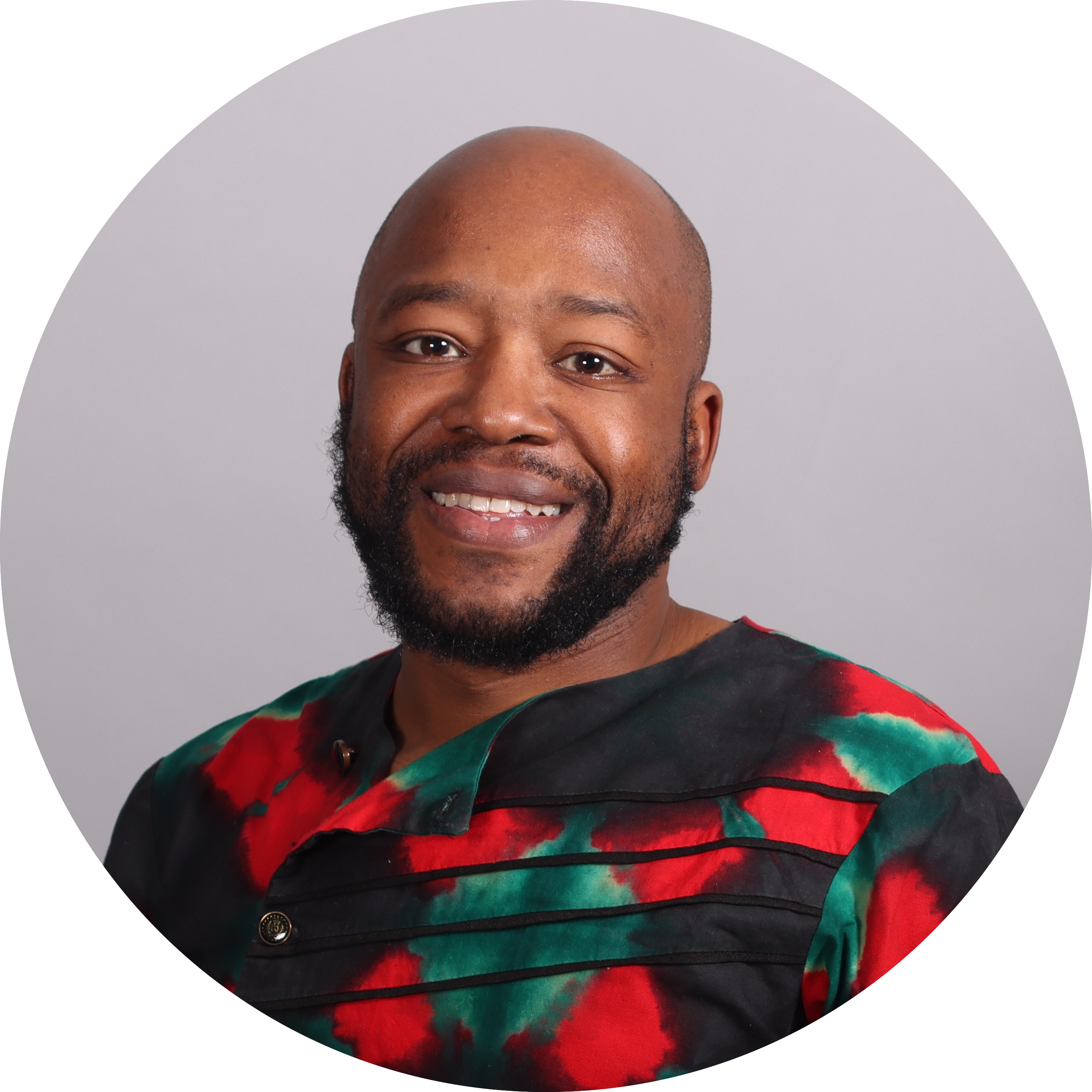
Prof Dr. Thoko Kaime
Chair of African Legal Studies
Principal Investigator
University of Bayreuth
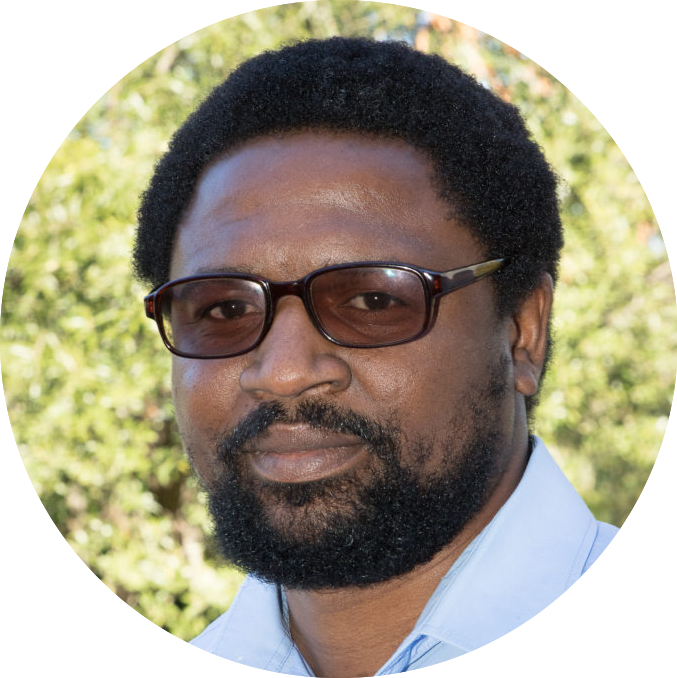
Prof. Dr Uchenna Okeja
Philosophy
Principal Investigator
University of Rhodes
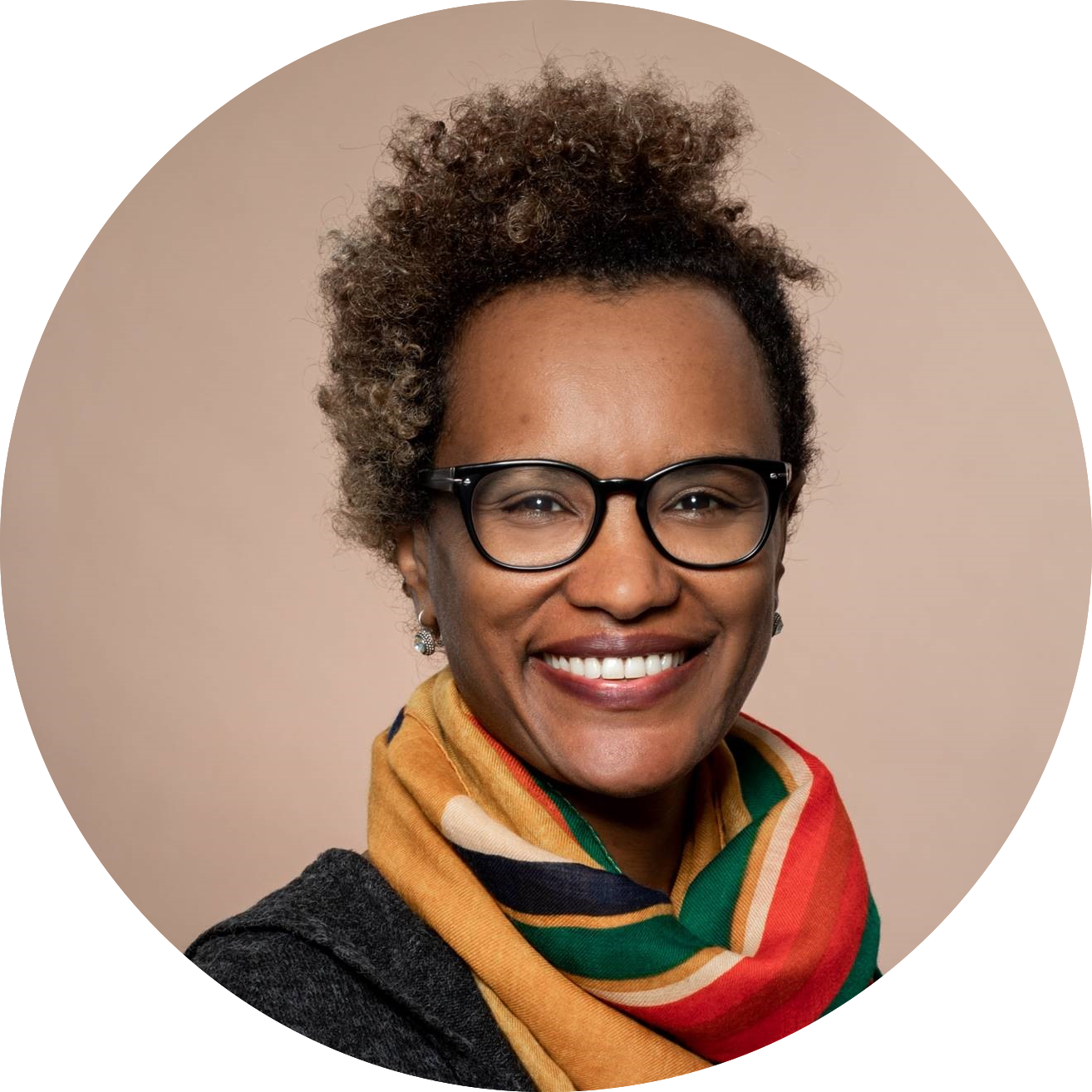
Dr. Serawit Debele
Junior Research Group Leader
Cluster of Excellence
University of Bayreuth

Development Economics
E-Mail: raymond.frempong@uni-bayreuth.de

Dr. Mitterand Okorie
Project Manager
University of Rhodes

Isabelle Zundel
PHD Candidate
University of Bayreuth
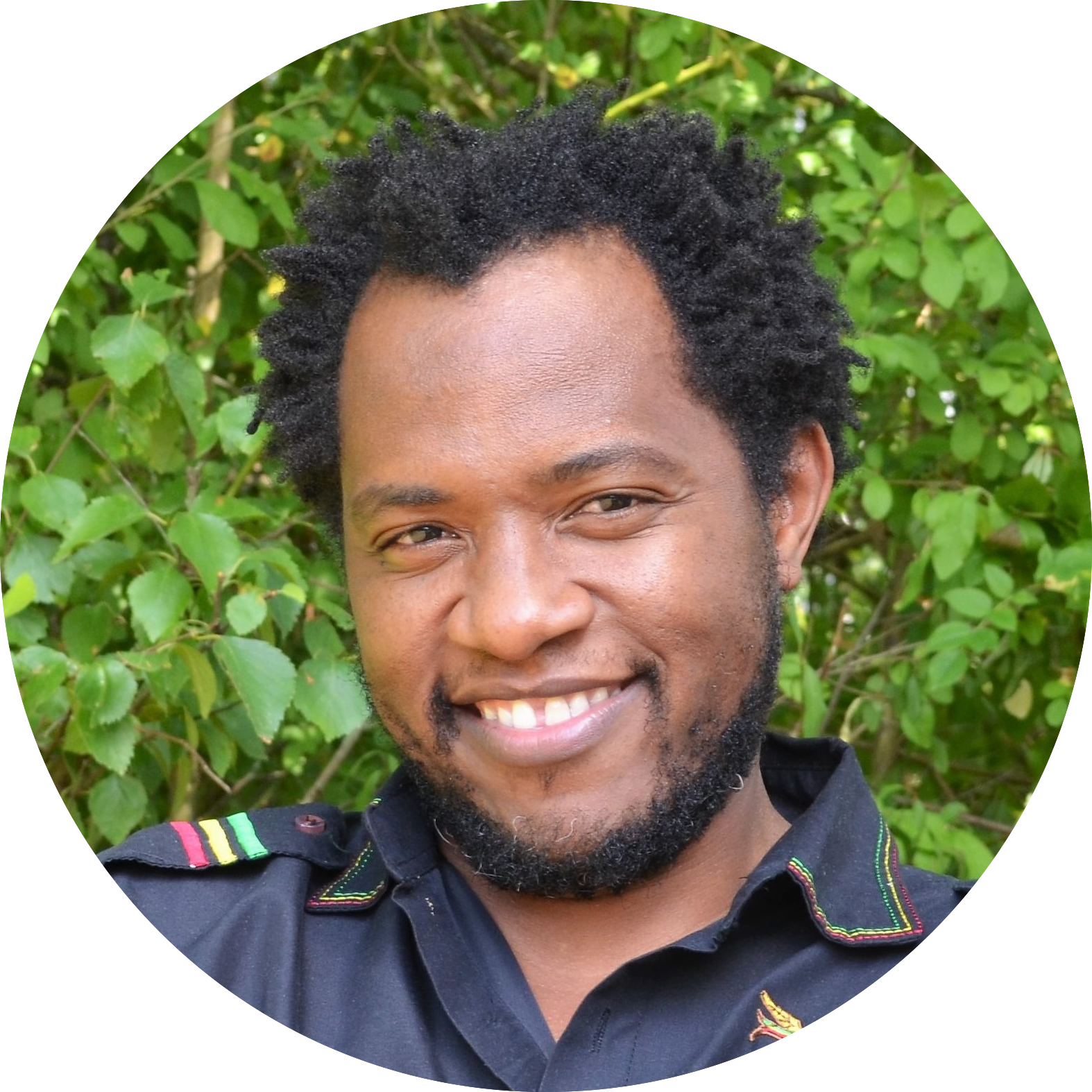
Gift Mauluka
PHD Candidate
Research Assistant
University of Bayreuth
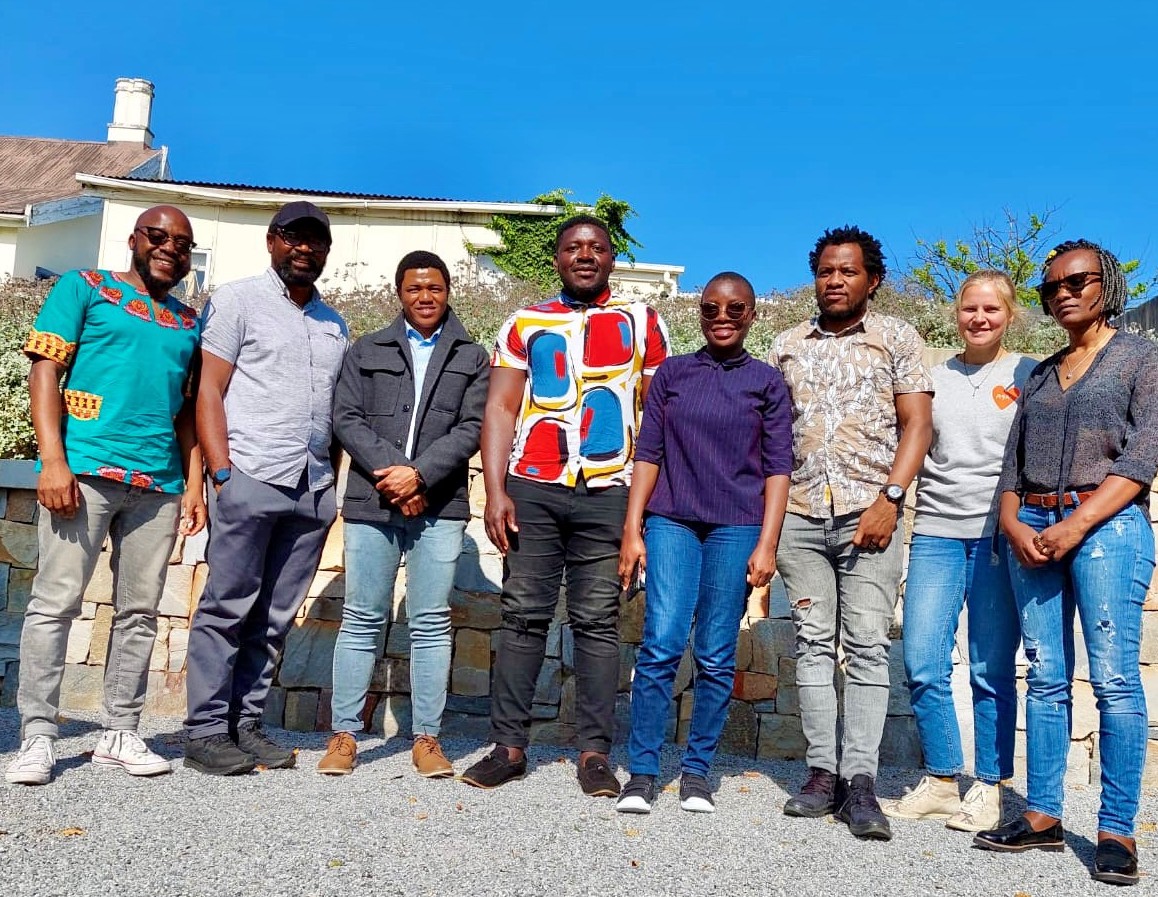
From left: : Prof. Thoko Kaime, Prof. Uchenna Okeja, Councillor Mkhentsha, Dr. Mitterand Okorie, Lina Aduda, Gift Mauluka, Isabelle Zundel and Dr. Serawit Debele (25 August 2022, Confucius Institute, Rhodes University, Makhanda)

